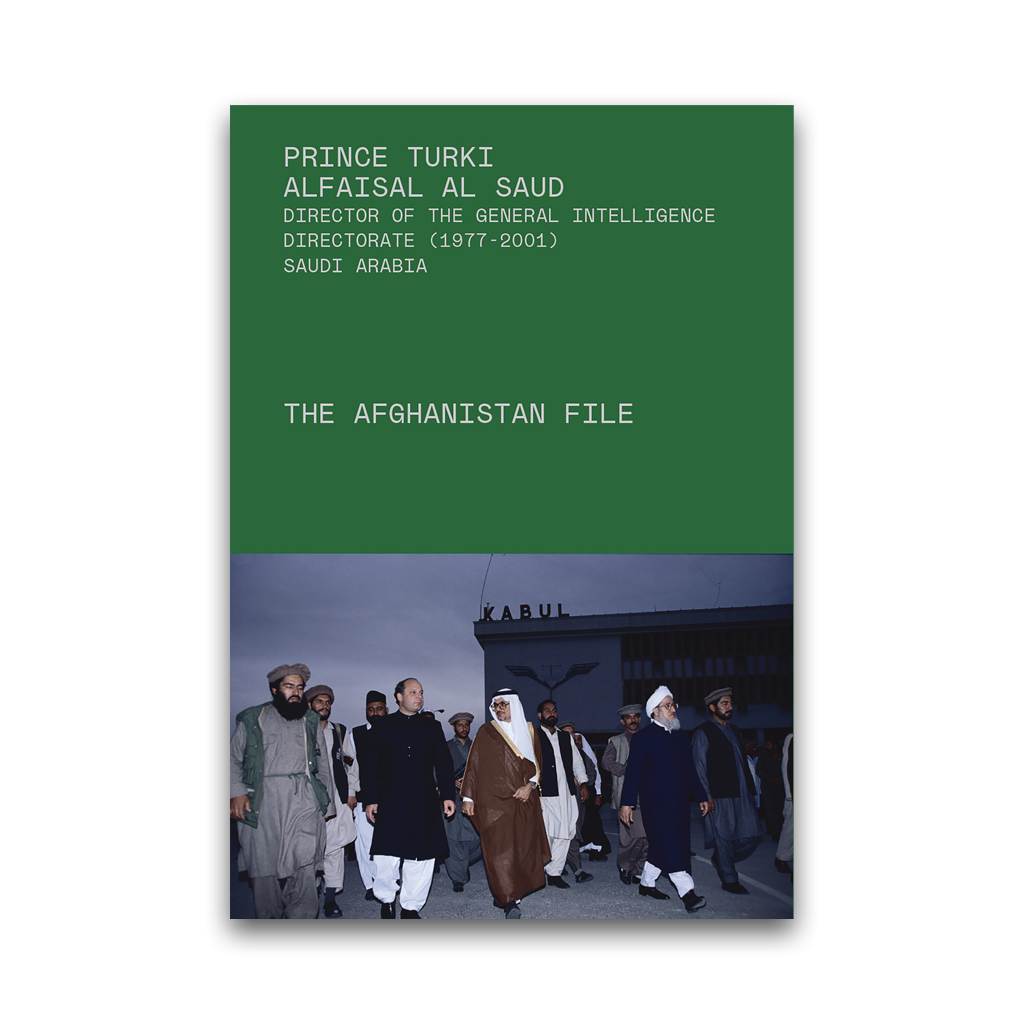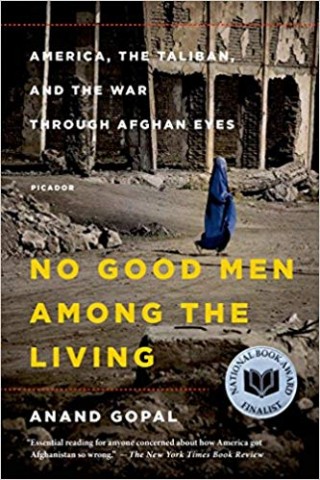Walking around a bookshop that largely carried children's materials, I came across an interesting (and out of place) book: "The Afghanistan File" written by Prince Turki AlFaisal Al Saud, the Director of the General Intelligence Directorate (1977-2001) in Saudi Arabia. It seems the book was dictated by Prince Turki, written by Michael Field, and published in 2021. The book is published by Arabian Publishing, so it might not have made its way around the typical networks. For those interested in Afghanistan, or Saudi, this is an interesting addition to the dialogue. A few notes:
"In spite of his reservations Brzezinski recommended 'more money as well as arms shipments to the rebels, and some technical advice'. 'It is essential that Afghanistani resistance continues,' he wrote. 'To make [this] possible we must both reassure Pakistan and encourage it to help the rebels … We should concert with Islamic countries both in a propaganda campaign and in a covert action campaign…' This memorandum led to another Presidential 'Finding' at the end of December, which permitted the CIA to send weapons secretly to the Mujahideen. The purpose was to make the Soviet intervention as costly as possible to get the USSR 'bogged down', as Brzezinski put it later, and to discourage other military interventions." (p. 9-10)
"The purchasing of weapons and ammunition was managed mainly by the CIA, and at the start it was agreed among us, the Pakistanis and the Americans that supplies would be of Warsaw Pact origin so that it would appear to the Russians that the Mujahideen had captured them or bought them from the Afghan army. Alternatively they could be of old western manufacture, the sort of material that the Mujahideen might have bought on the international arms market or in the frontier region. At all costs we wanted to avoid showing that our three countries were involved as suppliers." (p. 42)
"During the war the amounts of money going into the pipeline increased enormously. In 1980 Saudi Arabia and America together put in $300,000, though at this stage there were various other direct payments made, including the $2 million we sent in cash with Ahmad Badeeb in January that year. In 1981 the two countries put in $60 million, by 1984 the figure had reached $400 million and by the end of the Soviet occupation it was running at around $1 billion. The actual movement of the Saudi contribution was into a Swiss account of the CIA." (p. 48)
"In his book The Hidden War: A Russian Journalists Account of the Soviet War in Afghanistan, published in 1990 during the time of glasnost, Artyom Borovik wrote that the Soviet Union at the beginning was 'obsessed with our own messianic mission and blinded by arrogance… [W]e rarely stopped to think how Afghanistan would influence us… In Afghanistan we bombed not only the detachments of rebels and their caravans, but our own ideals as well… In Afghanistan the policies of the government became utterly incompatible with the inherent morality of our nation. things could not continue in the same vein.'" (p. 98)


